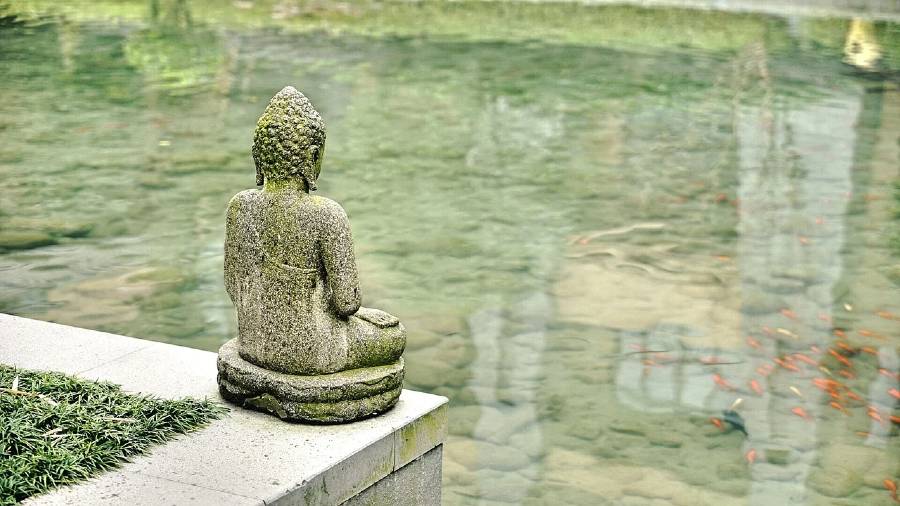
What makes children curious? What inspires creativity and ignites a sense of wonder? In short, what should teachers be doing in their classrooms to nurture a lifelong love of learning?
Jason Baehr, an associate professor of philosophy at Loyola Marymount University, has long been fascinated by these questions, and now he has more than $1 million from the John Templeton Foundation to find some answers.
An expert in the field of virtue theory, Baehr believes that teaching what are called intellectual virtues — curiosity, wonder, creativity, open-mindedness, attentiveness, intellectual tenacity — should be a central focus of education.
“I think there’s a general sense that the present focus on high-stakes, standardized testing, and the ‘teaching to the test’ that inevitably ensues, has led to a depersonalization of the learning process,” Baehr said.
“A focus on intellectual virtues provides an antidote to this. It allows teachers to develop their students’ relationship to learning. It also provides a framework for understanding and achieving a number of familiar educational goals, like fostering a ‘love of learning’ and making students into ‘critical thinkers’ or ‘lifelong learners.’ ”
Baehr’s Intellectual Virtues Education Project will be conducted in two phases. In the first stage, a $429,000 grant will be used to bring together, for the first time, leading scholars from across the nation in the philosophy of education, educational theory and psychology and virtue epistemology, for a series of workshops and seminars to develop the first intellectual virtues-based educational model.
After a curriculum is developed, 15 local junior high and high school teachers and administrators will be trained in the model.
In the second phase of the project, $621,000 will be used to implement the intellectual virtues curriculum in a new charter school for students in grades 6 through 8. A proposal for the Intellectual Virtues Academy of Long Beach is currently under consideration by the Long Beach Unified School District.
“This unique grant, which is unusually large for humanities research, will allow us to gain insights into how to inspire students to be intellectually excited about learning,” said David W. Burcham, president of LMU. “It is the type of project that reflects LMU’s mission of educating the whole person and our dedication to finding the best ways to achieve that goal.”



